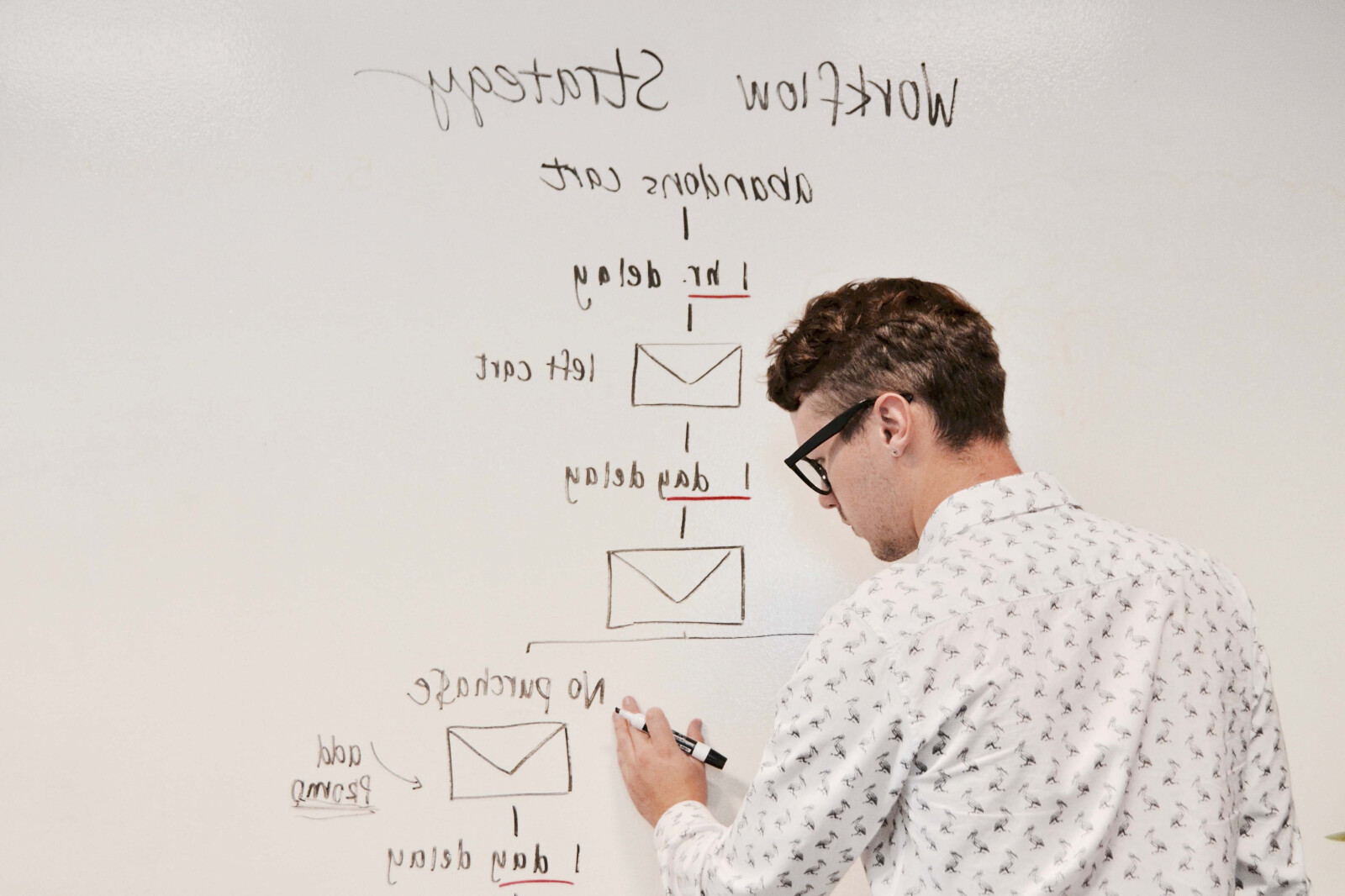Unleashing the Power of the Socratic Method
The Socratic Method, a cornerstone of legal education, cultivates critical thinking through rigorous questioning. Despite its intensity, it fosters independent thought and active learning, preparing law students for real-world practice. This examination of the Socratic Method explores its role, benefits, and application in law schools, offers strategies for effective preparation, and discusses its impact on overall learning experience.

Key Takeaways
- The Socratic method is a teaching technique used in law school classrooms that involves asking students a series of questions to explore legal concepts and principles.
- The purpose of the Socratic method is to develop critical thinking skills in law students by exposing contradictions and weaknesses in arguments.
- The method prepares students to think quickly and respond effectively in high-pressure situations, similar to what they may experience from judges.
- By forcing students to prepare for class and pay attention during discussions, the Socratic method encourages active engagement and deeper understanding of legal principles.
The Role of the Socratic Method in Law School Classrooms
In the context of law school classrooms, the Socratic method serves a crucial role in fostering critical thinking skills and active learning in students, preparing them for real-world legal practice. This technique, built on effective questioning, demands that students delve into the intricacies of legal principles and case studies on their own, promoting deep understanding. The emphasis on active learning within this method keeps students engaged, not just passively receiving information, but actively processing it, analyzing it, and applying it. Consequently, this results in the development of agile minds capable of critical analysis and argumentation, essential attributes for successful legal practitioners. The Socratic method, therefore, is not just a teaching technique, but a powerful tool for shaping future legal professionals.
Understanding the Purpose and Benefits of the Socratic Method
During the course of their legal education, students often realize the purpose and benefits of the Socratic Method as it not only fosters their critical thinking skills but also prepares them for the dynamic nature of courtroom interrogations. The effectiveness of the Socratic method largely lies in its ability to expose weaknesses in arguments, challenging students to refine their viewpoints and bolster their legal reasoning. However, the drawbacks of the Socratic method include the potential for increased anxiety and a focus on individual performance rather than collaborative learning. Despite these challenges, with careful preparation and a positive mindset, the Socratic Method can significantly enhance the learning experience, fostering a deeper understanding of legal principles and an ability to think on one's feet.
Mastering the Art of Preparation for the Socratic Method
Mastering the art of preparation for the Socratic Method not only involves completing all required readings and briefing each case meticulously, but also requires contemplative analysis of how each case relates to the larger legal framework. The effective preparation techniques include comprehensive reading, case briefing, and synthesis of legal principles. Techniques for active engagement during the Socratic method entail anticipating potential questions, thinking critically, and articulating logically reasoned responses. Such preparation and engagement foster an in-depth understanding of the law, enhancing the ability to apply legal principles to various contexts. Thus, preparation for the Socratic Method transcends rote memorization or superficial understanding. It necessitates an analytical, scholarly, and thoughtful approach, cultivating critical legal thinking skills indispensable in legal practice.
Strategies to Overcome Anxiety Associated With the Socratic Method
We understand the Socratic method can initially induce anxiety, but with proper preparation and mindset, we can transform this fear into a constructive force for learning. Anxiety, often borne out of the fear of public scrutiny, can be mitigated through collaborative learning and effective questioning techniques. Students can form study groups to simulate Socratic dialogues, fostering a supportive environment to learn and practice. Professors can cultivate a non-threatening atmosphere by employing effective questioning techniques that promote critical thinking without intimidation. Moreover, understanding the educational value of the Socratic method can reshape students' perception of it from a daunting challenge into an empowering tool for intellectual exploration. Thus, the Socratic method, when approached correctly, can be an enriching asset in a law student's educational journey.
The Impact of the Socratic Method on Legal Education
The impact of the Socratic Method on legal education is profound, as it fosters critical thinking, encourages active learning, and prepares students for real-world legal practice. This pedagogical approach is instrumental in enhancing student engagement; it necessitates active participation and stimulates in-depth comprehension of legal principles. The recurrent questioning model of the method nurtures critical thinking skills, enabling students to identify contradictions, analyze arguments, and develop cogent responses. Additionally, the unpredictability intrinsic to this method encourages preparedness and adaptability, vital assets in legal practice. However, while the Socratic Method is undeniably effective, its implementation should be mindful, balancing challenge with support, to avoid undue stress and promote a positive learning environment.
Additional Considerations When Engaging With the Socratic Method
Given the inherent intensity of the Socratic method, it is essential for students to not only thoroughly prepare for each class, but also to maintain an open mindset for effective engagement, learning, and growth. The advantages of this method include stimulating critical thinking, fostering active engagement, and enhancing understanding of complex legal principles. However, the disadvantages cannot be overlooked. The pressure and unpredictability associated with the method can lead to anxiety and stress among students, potentially hindering their learning process. Furthermore, the Socratic method, while promoting independent thinking, may inadvertently discourage collaborative learning. Despite these disadvantages, with appropriate preparation and mindset, the Socratic method can serve as a powerful tool in legal education.
The Evolution of the Socratic Method in Modern Education
Understanding the evolution of the Socratic method in modern education involves examining its shift from a rigid question-and-answer format to a more interactive, dialogue-based approach. This evolution is not limited to the legal field but can be seen in the application of the Socratic method in other disciplines, including medicine, business, and social sciences. In these areas, the Socratic method fosters critical thinking and problem-solving skills. The advent of digital technology has further revolutionized this pedagogical tool. Incorporating technology in the Socratic method has facilitated virtual dialogues, enabling wider participation and providing platforms for asynchronous discussions. This blend of technology and tradition offers a promising direction for the continued evolution of the Socratic method, fostering deeper learning and more engaged educational environments.
Frequently Asked Questions
How Has the Socratic Method Evolved Over Time and Been Adapted for Law School Use?
The Socratic Method's origins trace back to ancient Greece, used by Socrates to stimulate critical thinking. Its modern adaptation in law schools involves a structured dialogue to explore complex legal principles. Over time, it has evolved from a rigorous questioning technique to a more collaborative discussion format, aimed at fostering critical thinking and preparing law students for real-world legal scenarios. This pedagogical shift in law schools reflects the method's enduring relevance and adaptability.
What Are Some Criticisms of the Socratic Method in Law School Education?
Criticisms of the Socratic method in law school education often center around induced anxiety and cultural implications. The high-pressure environment can trigger significant stress levels, potentially hindering learning. Additionally, cultural nuances may influence how students perceive and respond to this approach, possibly leading to disparities in participation and comprehension. Despite these concerns, it remains a widely adopted technique, valued for its potential in fostering critical thinking skills.
How Does the Socratic Method Compare to Other Teaching Methods Used in Law Schools?
Compared to other teaching methods, the Socratic method offers unique advantages in law education. This method emphasizes active learning, pushing law students to analyze, reason, and present arguments effectively. Students often recount experiences of enhanced critical thinking skills and the ability to swiftly respond under pressure. Despite its intensity, the Socratic method's dynamic and interactive nature contributes to a comprehensive understanding of complex legal principles.
How Can Law Professors Effectively Incorporate the Socratic Method Into Their Teaching?
Law professors can effectively incorporate the Socratic method into their teaching by understanding its limitations and personalizing their approach. Professors should balance rigorous questioning with supportive guidance to foster a learning environment that encourages critical thinking. Personalizing the Socratic method, understanding students' unique learning styles, and adjusting the intensity of questioning can enhance its effectiveness. This enables a more inclusive, engaging, and productive classroom experience.
Can the Socratic Method Be Effectively Used in Online or Remote Teaching Formats for Law School?
Yes, the Socratic method can be effectively used in online or remote teaching formats for law school. Through digital engagement and interactive platforms, professors can continue to stimulate critical thinking and discourse. These platforms allow for real-time questioning and dialogue, similar to traditional classroom experience. While the delivery method changes, the purpose and benefits of the Socratic method remain the same, fostering a deep understanding of legal principles.
Conclusion
In conclusion, the Socratic method, a cornerstone of legal education, provides an invaluable platform for students to refine their critical thinking skills and independent thought. Its strategic application in law school classrooms fosters active learning, preparing students for the demanding realities of legal practice. Despite the associated anxieties, with adequate preparation and engagement, the Socratic method can significantly enhance the overall learning experience. Its evolving role in modern education remains an intriguing subject for further research.

This post has been generated by AI and was not reviewed by editors. This is Not legal advice. Please consult with an attorney.




